Introduction to Special Education and Primary and Secondary Education
As an educator passionate about providing quality education to all students, I believe that every child deserves an inclusive and enhanced learning experience. In this article, I will explore the barriers that exist in the traditional learning experience and the importance of enhancing it in special education and primary and secondary education. By embracing technology, inclusive practices, professional development, and collaborative approaches, we can break these barriers and create a future of inclusive and enhanced learning experiences.
Barriers in the Traditional Learning Experience
The traditional learning experience in special education and primary and secondary education often comes with various barriers that hinder the progress and development of students. One major barrier is the lack of individualized instruction and support for students with special needs. In a classroom setting with a large number of students, it can be challenging for educators to cater to the unique needs of each student.
Another barrier is the limited access to resources and materials that are necessary for effective learning. Many schools struggle to provide adequate tools and materials for students with special needs, making it difficult for them to fully participate and engage in the learning process. Additionally, the lack of awareness and understanding among educators and peers about different learning styles and disabilities can create a barrier to effective communication and collaboration.
The Importance of Enhancing the Learning Experience
Enhancing the learning experience in special education and primary and secondary education is crucial for the academic, social, and emotional development of all students. When students with special needs are provided with individualized instruction, they have a greater chance of reaching their full potential and achieving academic success. By breaking down the barriers that exist, we can create an inclusive learning environment where every student feels valued and supported.
Furthermore, enhancing the learning experience promotes a sense of belonging and acceptance among students. When students with special needs are included in regular classrooms and activities, it fosters empathy, understanding, and respect among their peers. This inclusive approach prepares all students for a diverse and inclusive society, where differences are celebrated and embraced.

Technology in Special Education and Primary and Secondary Education
Technology has revolutionized the field of education and has the potential to greatly enhance the learning experience for students with special needs. Assistive technology, in particular, plays a vital role in providing support and accommodations to students with disabilities. Whether it’s speech-to-text software, communication devices, or sensory tools, assistive technology enables students to overcome their challenges and actively participate in the learning process.
In addition to assistive technology, the integration of educational apps, online resources, and virtual learning platforms can create a more engaging and interactive learning experience for all students. These technological tools can cater to different learning styles and abilities, providing personalized learning opportunities and promoting independent learning.
Assistive Technology for Students with Special Needs
Assistive technology has transformed the lives of students with special needs by providing them with the necessary tools to overcome their challenges and excel academically. For students with visual impairments, technologies such as screen readers and braille displays enable them to access digital content and participate in online discussions. Similarly, students with hearing impairments can benefit from captioning tools and video conferencing platforms that support sign language interpretation.
For students with learning disabilities, assistive technology offers a range of tools such as text-to-speech software, graphic organizers, and spelling and grammar checkers. These tools help students with reading, writing, and organization skills, allowing them to work at their own pace and demonstrate their knowledge effectively.
Inclusive Education Practices
Inclusive education practices are essential for breaking down the barriers that exist in special education and primary and secondary education. In an inclusive classroom, students with special needs are fully integrated with their peers without disabilities, fostering a sense of belonging and promoting social interaction. This inclusive approach benefits not only students with special needs but also their typically developing peers.
To create an inclusive learning environment, educators need to adopt strategies such as differentiated instruction, cooperative learning, and peer tutoring. Differentiated instruction ensures that each student’s unique needs and learning styles are accommodated, while cooperative learning and peer tutoring encourage collaboration and support among students. Additionally, creating a positive and accepting classroom culture where diversity is celebrated helps to foster a sense of belonging and inclusivity.
Professional Development for Educators in Special Education and Primary and Secondary Education
To effectively enhance the learning experience, educators in special education and primary and secondary education need access to continuous professional development opportunities. Professional development programs should focus on equipping educators with the knowledge and skills necessary to implement inclusive practices, utilize assistive technology, and support students with special needs.
These programs can include workshops, webinars, and mentoring programs where educators can learn from experts in the field. It is important for educators to stay up-to-date with the latest research and best practices in special education, so they can provide the best possible support to their students. By investing in professional development, schools and districts can ensure that their educators are well-prepared to meet the diverse needs of all students.
Collaborative Approaches to Enhance the Learning Experience
Collaboration plays a crucial role in enhancing the learning experience in special education and primary and secondary education. By fostering collaboration among educators, parents, and other professionals, we can create a comprehensive support system for students with special needs. Collaboration allows for a holistic approach to education, where all stakeholders work together to identify and address the unique needs of each student.
Collaborative approaches may include regular team meetings, joint planning sessions, and cooperative problem-solving. Involving parents and caregivers in the educational process ensures that there is consistency and continuity in the support provided to students. Additionally, partnerships with community organizations and service providers can offer additional resources and expertise to enhance the learning experience.
Success Stories and Case Studies in Enhancing the Learning Experience
There are numerous success stories and case studies that highlight the positive impact of enhancing the learning experience in special education and primary and secondary education. These stories demonstrate the transformative power of individualized instruction, assistive technology, inclusive practices, and collaborative approaches.
For example, a case study conducted in a primary school showed that the implementation of assistive technology significantly improved the reading and writing skills of students with dyslexia. The use of text-to-speech software and graphic organizers allowed these students to access and comprehend written information more effectively.
Another success story involves a high school that adopted inclusive practices and collaborative approaches to support students with autism spectrum disorder. By providing individualized support, peer mentoring, and social skills training, the school created an inclusive environment where students with autism thrived academically and socially.

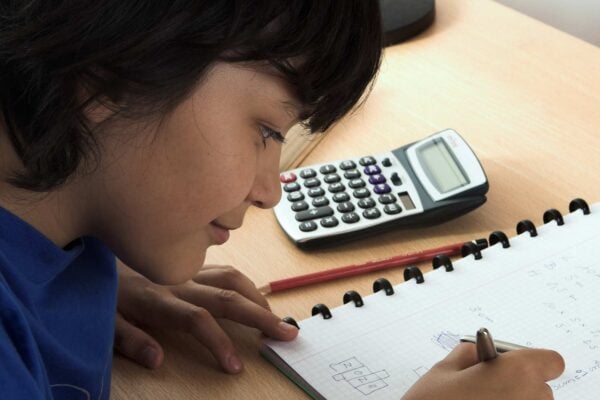

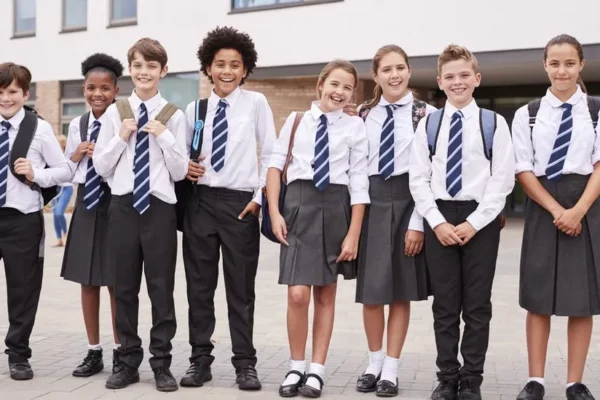
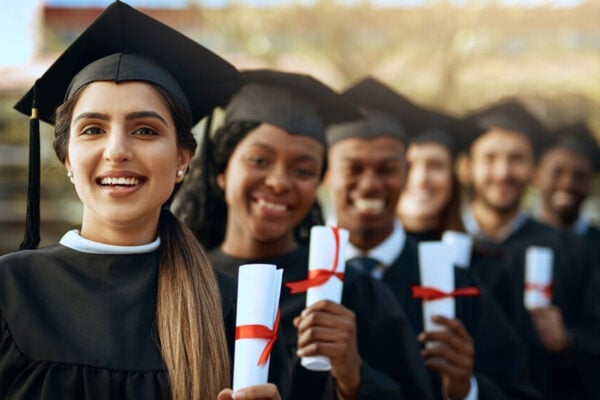
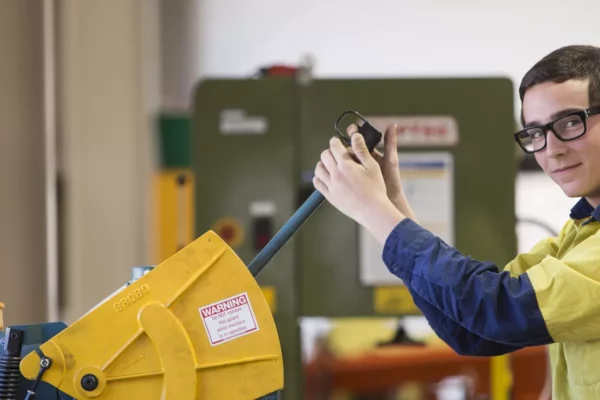
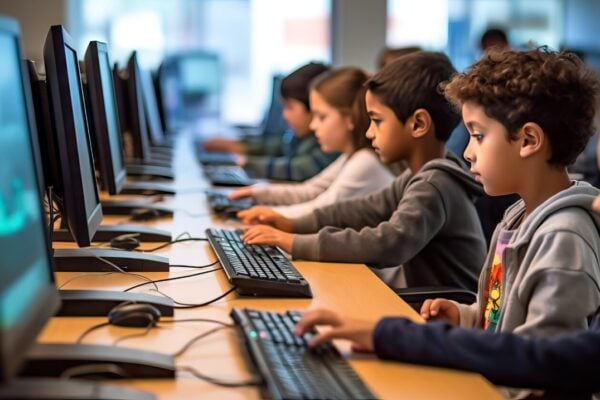
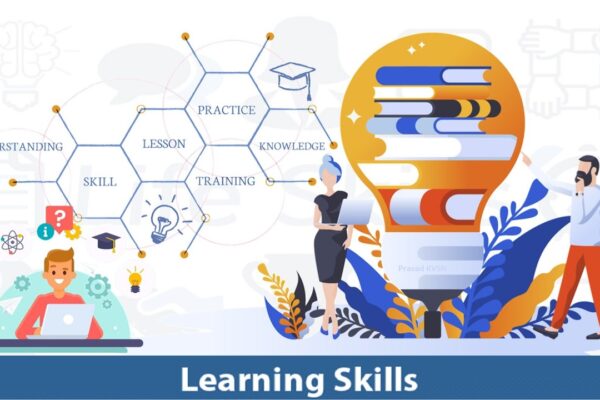
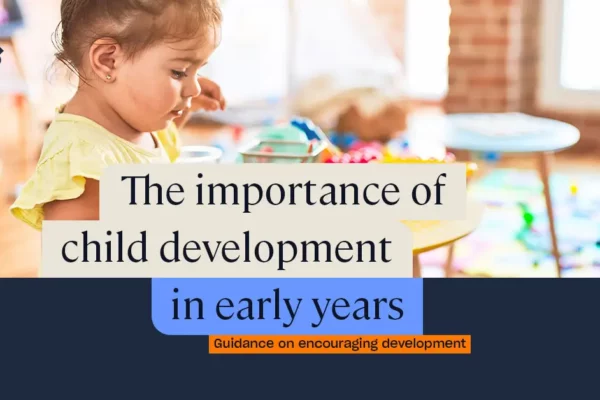
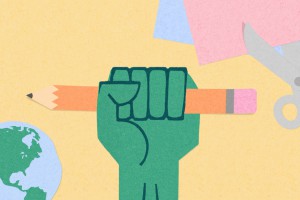
Comments on " Enhancing the Learning Experience in Special Education and Primary and Secondary Education" :